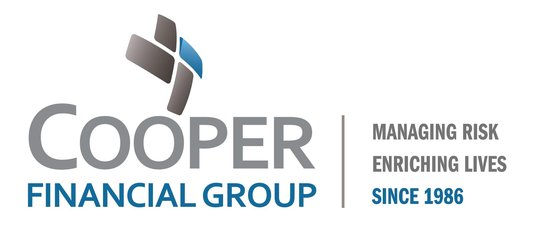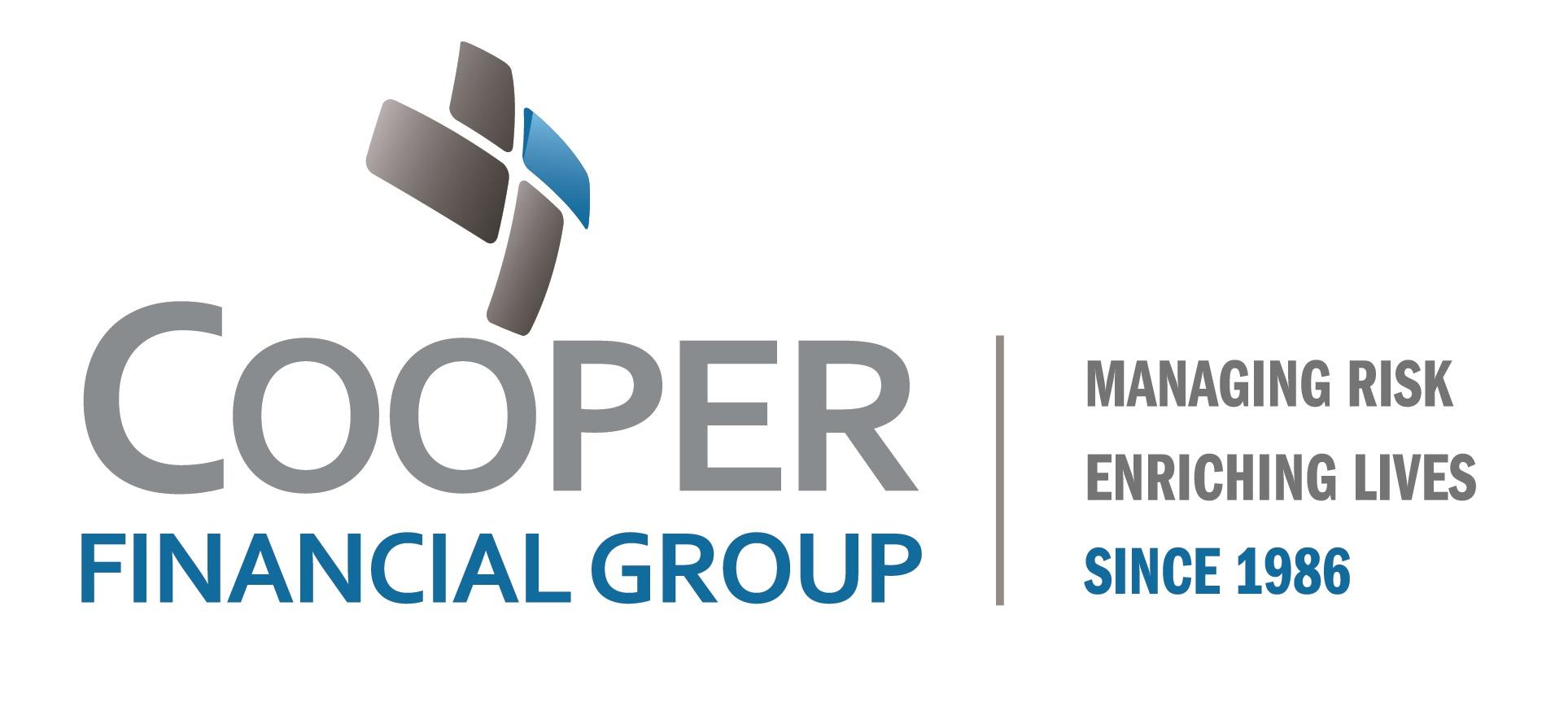
Leslie-Ann Scrogie
Jan. 18, 2021
If you’re feeling a bit low from the extra holiday weight, the looming credit-card balance(s), your kids jumping off the ceiling because they’re not in school and the weather is terrible, you’re not alone.
Try these four techniques to beat the blues, and feel financially stronger.

No. 1: We actually got better at managing our day-to-day finances in 2020. Keep the momentum going
Polling shows just about every household in Canada figured out ways to reduce unnecessary expenses and prioritize saving for a rainy day in 2020. Even the hardest hit folks who experienced job loss or income reductions were able to lean on government support to shore up their accounts and manage a leaner budget. Certainly, many households had to use some debt to keep afloat, but stats show the amount of money borrowed was cautious.
We learned to say no to spending on things that aren’t important to us (like nice-to-have car mats) and to say yes to what is, like an ergonomic office chair so your back stops hurting when you work.
These skills may have been forced upon you, but they have served you. Keep going with your newfound frugality ... and consider using up some — not all — of your 2020 savings to pay off high-interest debts. (Remember, you’ll still want a cushion of savings in the event of an emergency.)
No. 2: Holding steady for 2021 is an admirable financial goal
Usually in January I promote aggressive financial growth through the financial-planning process, which typically means a combination of debt reduction and building assets, in the most tax-advantaged way possible. When done well, this results in a boost in net worth.
However, the landscape has changed.
It’s OK to keep your excess cash, if you have it, in your emergency fund. It’s OK to just meet the basic obligations of your debts, if you’re out of work. It’s OK to pause on your plans to top up your RRSPs (your room carries over anyway). It’s OK to consider downsizing your home and getting by with just one car in order to take the financial pressures off your plate.
You get a pass! And, next year, I’ll write to you about how to make up for this mulligan of a financial year.
If, however, you are in the fortunate position where your finances haven’t been impacted by the pandemic, it’s high time you update your financial plan with up to three goals for this year such as consolidating debts (rates are historically low), paying off your LOC, adding to your RRSP and changing investment strategies if your portfolio has been underperforming. And if you’re planless, you absolutely need to get yourself a financial plan; that can be your goal.
No. 3: Control what you can
As vaccines roll out across the country, economists are hopeful that after Q3 2021, things are going to be much better for Canada — more jobs and a stronger economy. Yet no one knows for sure.
Take stock in what you can control, like keeping tabs on your account balances (I recommend recording this in a net worth statement monthly), hitting your performance goals at work, and gathering up and storing your tax documents for the upcoming tax season, and letting go of the factors that you can’t control.
No. 4: Take a pause from the screen
Do you have a screen-time tracker on your phone? It’s time to use one ... and start monitoring just how much you’re watching on your TV and laptop, too. It’s projected that in 2020 individuals were on social media over two hours a day, and spent another two and a half hours per day streaming shows. This much screen time is strongly linked to depression and anxiety ... for you AND your whole family.
Let’s say you used just half of that time for something productive, even like an entry-level job that pays $15 per hour ... it would put $230 in your pocket per week.
Another use for this time could be to invest half of it in a learning activity such as reading personal finance books, building and maintaining a budget, studying to become a project manager or teaching your child how to manage their own bank account. It’s hard to put a precise value on these activities, but I can assure you that the ROI is well beyond what you’d get spending more time comparing yourself to others on Instagram.
I get it. With the second wave, greater restrictions, job insecurity, the upcoming tax season, it can feel overwhelming, and like “Groundhog Day” basically every day. Still, we all need to take things one small step at a time, which is a better approach for your mental health, and your finances too.
And don’t forget to celebrate your financial wins when they happen. Even a small acknowledgment or low-to-no-cost reward can make a difference in the motivation you have to keep getting better with your money.





